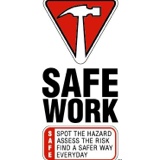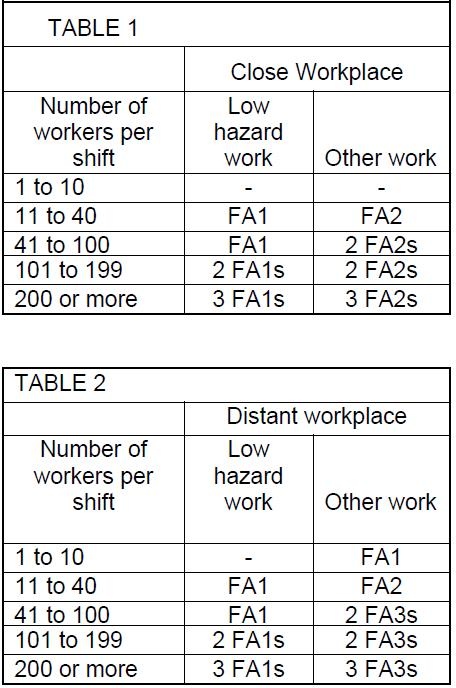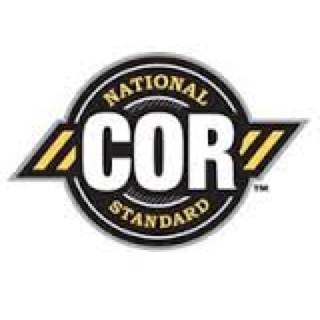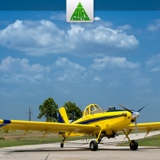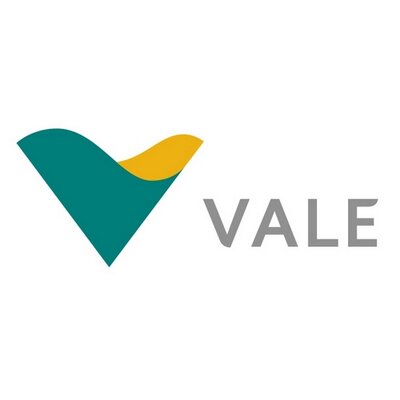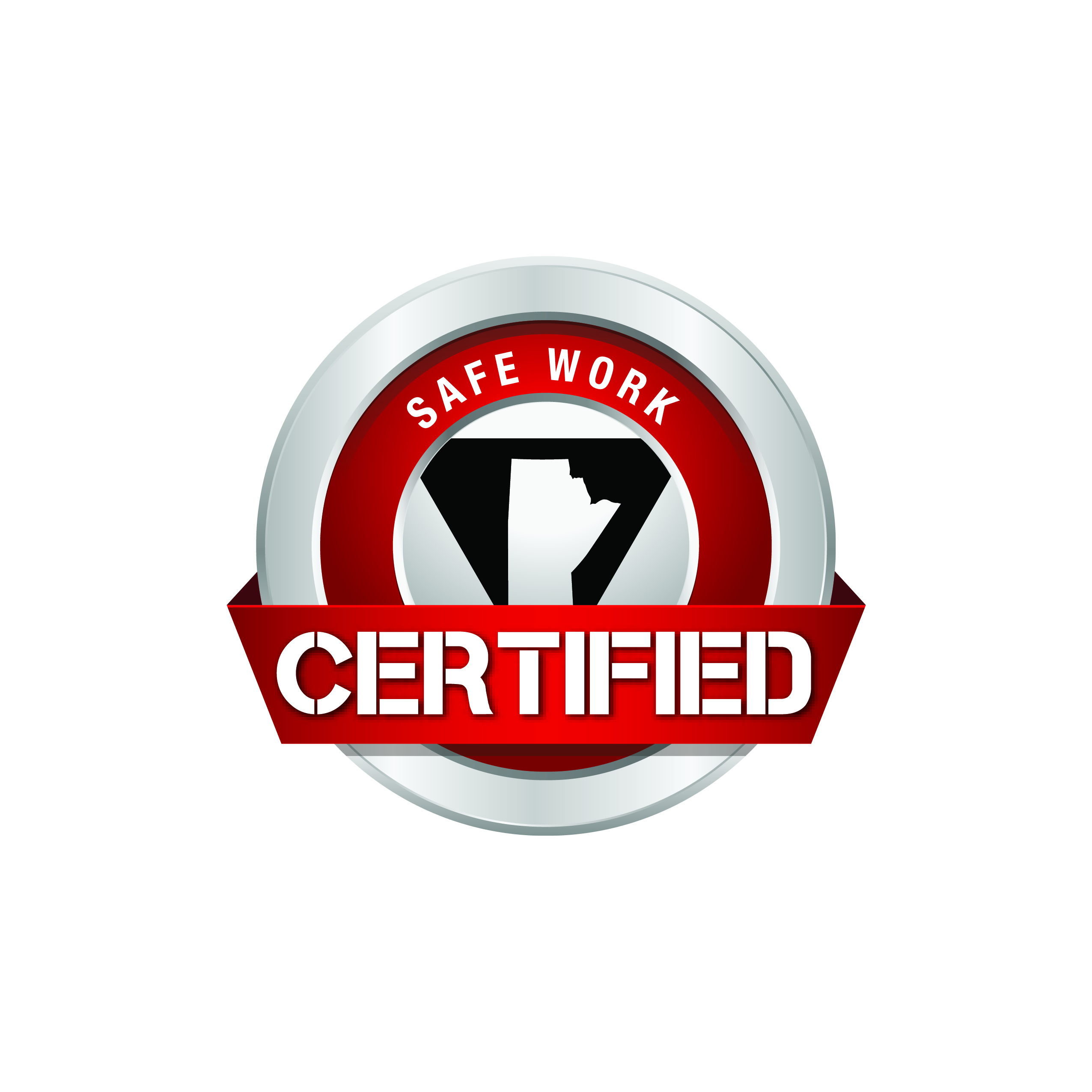Introduction
SAFE Work Manitoba Audit Tool
-
This audit tool is designed to assist workplaces in measuring their safety and health program against Manitoba minimum standards. By completing this audit tool it shall not be construed as meaning or implying that your organization is in compliance with its legislative or regulatory requirements.
Additional support or consulting assistance can be reached at (204) 957-SAFE (957-7233) or toll free at 1-866-929-SAFE (1-866-929-7233) -
Click button below to link directly to the Manitoba Workplace Safety & Health Act and Regulations
http:/www.safemanitoba.com/wsh-regulations
Audit Details
-
Audit Title / Company Name
-
Document No.
-
Conducted on
-
Prepared by
-
Personnel present
Part 1 - Jurisdiction
-
Workplace falls under ____________ jurisdiction
Part 2 - Safety Policy
-
Is a current safety policy available, signed, and dated by top management?
-
Enter the date that the safety policy is signed
-
Is the company safety policy posted in a visible location?
Part 3 - Workplace Joint Safety & Health Committee (JSHC)
-
Dedicated Safety & Health bulletin board?
-
Are the meeting minutes posted and current?
-
Does the JSHC meet at least quarterly with proper quorum (worker reps > or = mgmt reps)?
Part 4 - General Workplace Requirements
-
Adequate air quality?
-
Slipping or tripping hazards?
-
Drinking water available for workers?
-
Toilet facilities adequate and sanitary?
-
Thermal condition adequate for the work being conducted?
-
Adequate lighting for the work being conducted?
Part 5 - First Aid Requirements
-
Appropiate number of first aiders per shift?
-
Reference first aider requirements?
-
Reference - Part V
-
First aid kits/supplies readily available?
-
Reference requirement for first aid kit contents?
-
A first aid kit must contain the following items:
(a) general:
(i) a recent edition of a first aid manual,
(ii) a pair of impervious disposable gloves,
(iii) a disposable resuscitation mask with a one-way valve,
(iv) a disposable cold compress,
(v) 12 safety pins,
(vi) splinter forceps,
(vii) one pair of 12 cm bandage scissors,
(viii) 25 antiseptic swabs,
(ix) waterless hand cleaner,
(x) waterproof waste bag;
(b) dressings - each of the following items must be sterile and individually
wrapped in order to maintain sterility:
(i) 16 surgical gauze pads (7.5 cm squares),
(ii) 4 pads (7.5 cm X 10 cm, non-adhesive),
(iii) 32 adhesive dressings (2.5 cm wide),
(iv) 2 large pressure dressings,
(c) bandages:
(i) 3 triangular bandages (1 m each),
(ii) 2 conforming bandages (10 cm each),
(iii) 2 rolls of 2.5 cm adhesive tape,
(iv) 1 roll of 7.5 cm elastic adhesive bandage,
(v) 2 rolls of 7.5 cm tensor bandage.
Part 6 - Personal Protective Equipment
-
Are PPE requirements idenfitied and equipment readily available?
-
Check all that apply
- Head Protection
- Foot Protection
- Eye / Face Protection
- Hearing Protection
- Hand Protection
- Respiratory Protection
- High-Visibility Clothing
- Other
-
Are workers observed to be wearing their PPE?
Part 7 - Storage of Materials and Equipment
-
Is storage and/or racking systems used in the workplace?
-
Are materials stored in a condition of safe loading?
-
Do racking systems meet design requirements?
-
Are racking systems protected from power mobile equipment?
Part 8 - Musculoskeletal Injuries (MSI's)
-
Which MSI risk factors are present in the workplace? (select all that apply)
- Repetitive Motion
- Forceful Exertion
- Sustained/Awkward Posture
- Vibration
- Mechanical Compression
-
Area(s) with MSI risk
-
Pictures of MSI Risk
-
Have control measures been implemented to control MSI's
Part 9 - Working Alone
-
Do any workers work alone or in isolation?
-
Has a working alone SAFE work procedure been developed?
-
Is the working alone policy/procedure posted
-
How have workers been made aware or trained on the working alone policy?
Part 10 - Harassment
-
Has a harassment prevention policy been developed?
-
Is the harassment prevention policy posted?
-
Date of policy
Part 11 - Violence in the Workplace
-
Has a violence prevention policy been developed?
-
Is the violence prevention policy posted
-
Date of policy
Part 12 - Hearing Conservation and Noise Control
-
Are workers exposed to noise in excess of 80dba in the workplace?
-
Has a noise survey been conducted in the last 12 months?
-
Is hearing protection available for workers?
Part 13 - Egress, Stairs, and Ladders
-
Is there safe access and egress to all work areas?
-
Are emergency exits clearly marked and accessible?
-
Are ladders present in the workplace?
-
Are ladders appropiate to the workplace and in good shape?
Part 14 - Fall Protection
-
Are employees working at heights of 3 meters or more?
-
Is fall protection in place for work at heights at or greater than 3 meters?
-
Are SAFE work procedures developed to prevent falls at the workplace?
-
Is fall protection equipment stored appropriately and in good shape?
-
Are workers trained in fall protection requirements and SAFE work procedures?
Part 15 - Confined Spaces
-
Are there confined spaces in the workplace?
-
SAFE Work procedures developed for work in confined spaces?
-
Workers trained in confined space SAFE Work procedures?
-
Is appropriate equipment in place for confined space situations?
-
Has an emergency response plan been developed for confined space situations?
Part 16 - Machines, Tools, & Robots
-
Are machines or tools used in the workplace?
-
Are safegaurds in place for all machines, tools, or robots where required?
-
Are operating controls appropiately located, protected, and identifiable?
-
Are lock out procedures and equipment available where required?
-
Are machines, tools, robots inspected as per manufacturers recommendations?
Part 17 - Welding and Allied Processes
-
Are welding activities performed in the workplace?
-
Are SAFE work procedures developed for welding or hot work?
-
Is a hot work permit system implemented?
-
Are flashback arrestors on all gas welding units?
Part 18 - Radiation
-
Are workers exposed to radiation in the workplace?
-
Are SAFE work procedures in place for using radiation?
-
Are workers trained and aware of hazards assocaited with radiation exposure?
Part 19 - Fire and Explosive Hazards
-
Appropiate number and type of fire extinguishers present in the workplace?
-
Are fire extinguishers charged, wall mounted, and accessible?
-
Containment in place for flammible, combustable, or contaminated materials?
-
Is there flammible or combustable material in the atmosphere?
Part 21 - Emergency Washing Facilities
-
Is appropiate emegency eye wash/shower equipment in place?
-
Is the emergency equipment accessible, clean, and operational?
-
Are workers trained in the use of emergency washing equipment?
Part 22 - Powered Mobilie Equipment (PME)
-
Is powered mobile equipment (PME) present in the workplace?
-
Are PME operators certified
-
Are operators completing pre-shift inspections?
-
Is all PME equipped with audible warning devices, fire extinguisher, and braking systems?
-
Are all seatbelts and seats operational and in good repair?
-
Is PME being operated in safe manner and used as intended by the manufacturer?
-
Are all PME units annually maintained and have visible load capacity plates
Part 20 - Vehicular and Pedestrial Traffic
-
Is walkway protection required?
-
Are pedestrian and powered mobile equipment lanes marked?
Part 23 - Cranes and Hoists
-
Are cranes or hoists used in the workplace?
-
Are crane operators certifed and properly trained?
-
Is a maintenance or annual inspection schedule readily available for all cranes?
-
Is the log book (inspection sheet) available and up to date for cranes 1 tonne or more?
-
Are cranes operated in safe manner(side loading, suspended loads, etc )
Part 24 - Pile Driving
-
Are there pile driving activities in the workplace?
-
Are there SAFE Work procedures for pile driving equipment?
Part 25 - Overhead Electrical Lines
-
Is work conducted near overhead electrical lines?
-
Are there SAFE Work procedures for working near overhead electrical lines?
-
Is an emergency plan in place in the event of contact with electrical lines?
Part 26 - Excavations and Tunnels
-
Are excavation and/or tunnels dug in the workplace?
-
Are there SAFE Work procedures for excavation work?
-
Are support structures and/or shoring adequate?
Part 27 - Compressed Air Enviroment
-
Are workers exposed to a compressed air environment?
-
Are there SAFE Work procedures for working in a compressed air enviroment?
Part 28 - Scaffolds / Elevated Work Platforms
-
Are workers on scaffolds or elevated platforms?
-
Are there SAFE Work procedures for using scaffolds or work platforms?
Part 29 - Falsework and Flyforms
-
Are falsework or flyform systems used in the workplace?
-
Are there SAFE Work procedures for falsework or flyform systems?
Part 30 - Temporary Structures
-
Are temporary structures assembled in the workplace?
-
Are there SAFE Work procedures for constructing or using temp structures?
-
Appropiate flooring, gaurding, stairways and landings?
Part 31 - Roof Work
-
Is roof work done in the workplace?
-
Are there SAFE Work procedures for roof work?
-
Are workers using appropiate fall protection?
Part 32 - Precast Concrete
-
Is pre-cast concrete used in the workplace?
-
Are there SAFE Work procedures for precast concrete work?
Part 33 - Demolition Work
-
Does demolition work take place in the workplace?
-
Are there SAFE Work procedures for demolition work?
Part 34 - Explosives
-
Are explosives used in the workplace?
-
Are there SAFE Work procedures for the use of explosives?
-
Are the blasters certified?
Part 35- Workplace Hazardous Materials Information System (WHMIS)
-
Are controlled chemicals or biological hazards present in the workplace?
-
Is a chemical inventory or matrix available?
-
Is there a WHMIS training program in place?
-
Are all controlled substances labelled properly?
-
Are MSDS sheets available for all controlled substances and current to 3 years?
Part 36 - Chemical & Biological Hazards
-
Are there SAFE Work procedures for chemical or biological hazards?
-
Is monitoring occuring to ensure workers are not exposed to airborn hazards?
Part 37 - Asbestos
-
Is asbestos present in the workplace?
-
Is an inventory of asbestos containing materials available?
-
Are there SAFE Work procedures for abatement or an asbestos control plan in place?
Part 38 - Electrical Safety
-
Is electrical work performed in the workplace?
-
Is a lockout policy or procedure in place for electircal work?
-
Is an inventory of lockout stations available?
-
Are electrical systems installed and protected as required?
Part 39 - Health Care Facilities
-
Is the workplace a healthcare facility?
-
Are there SAFE Work procedures for infectious materials?
-
Are there SAFE Work procedures for patient handling?
-
Are there SAFE Work procedures for waste and laundry?
Part 40 - Forestry and Arboriculture
-
Is the workplace involved in forestry operations?
-
Are there SAFE Work procedures for forestry operations?
-
Are haul roads constructed according to requirements?
Part 41 - Oil and Gas
-
Does the workplace have wells that are drilled, operated, or served?
-
Are there SAFE Work procedures for drilling, operating, or servicing wells?
-
Is the log book for the rig available and recently inspected?
Part 42 - Firefighters
-
Does the workplace employ firefighters?
-
Are there SAFE Work procedures for responding to an emergency?
-
Is equipment inspected?
Part 43 - Diving Operations
-
Are diving operations occurring in the workplace?
-
Are there SAFE Work procedures diving operations?
Auditor Info
-
Enter name
-
Signature
-
Select date
